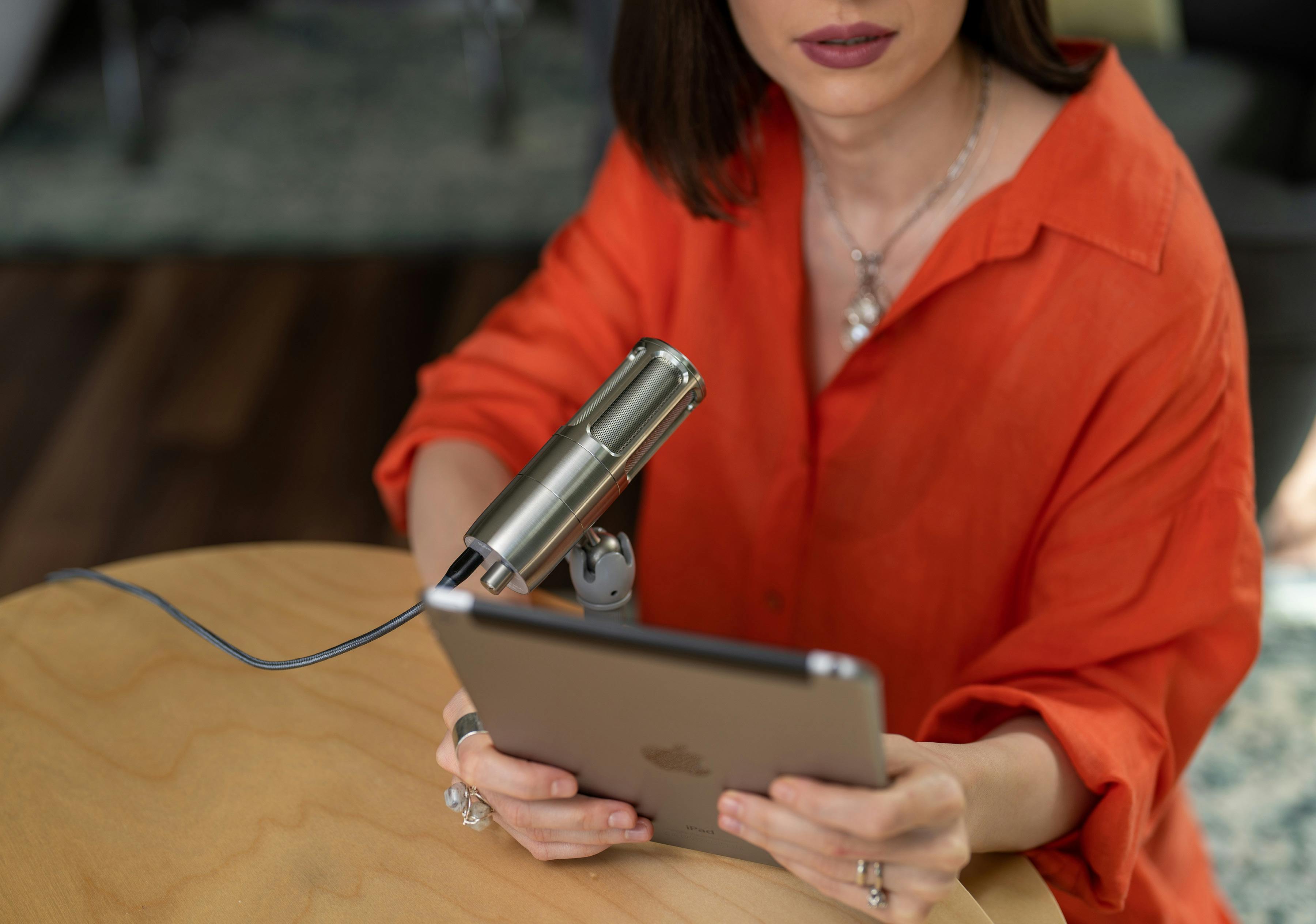0 minute read
What Does it Mean to Have Your Shit Together?
Meeting milestones and ticking off achievements: Is that the true measure of success?
Published: October 2022
Origin: Australia
Last year I turned thirty and it felt surprisingly positive.
While I’ve never thought of myself as someone who has it all figured out. On paper I’ve done a lot, so as my calendar was rolling around to this ‘milestone age’, I honestly felt pretty satisfied.
Acknowledging how lucky I was to feel that way, I started to ponder why significant life events tend to be associated with negative emotions… Milestones often prompt us to reflect on things like career, relationships and whatever else we manage to avoid in our day-to-day lives.
And I realised I probably felt ok turning 30 because, according to our capitalist society, my list of accolades represented a decade of time well spent.
I wondered if the idea of ‘having your shit together’ is really just a measure of our achievements? Or if there is something we’re all missing about how we define the meaning of success?
Writer and interviewer Madeleine Dore made her career out of questions like this, when she started her platform Extraordinary Routines. Creatives emerging in the 2010s, will remember scrolling her Instagram account, which was full of thoughts, feelings and advice from some of Australia’s most successful creatives.
Madeline recently published a book titled ‘I Didn’t Do The Thing Today: On letting go of productivity guilt.’, which she describes as ‘an antidote to our obsession with business’.
Like many of us are, Madeline was curious to find the ‘perfect way’ to start a successful career, but she found that a one size fits all approach did not exist.
How striving for perfection is setting us up for failure.
‘A decade ago, building a career felt really difficult to envision’, said Madeline. ‘I wanted to find ‘the recipe’, to build my career by what other people had done, but I realised you can’t recreate a recipe when you've got different ingredients. So what became more interesting was looking at how to find your own way of doing things.’
Prescriptive ideas about what our lives should look like are nothing new. The internet grants us so much access to each other’s lives, that there are endless prospects at our fingertips. In many ways that has been a great thing, but at the same time, collectively, we are struggling to detach from external markers of success.

I asked Madeline if any of the creatives she’d interviewed related to that feeling. ‘It was evident early on that no one had it all figured it out’, she responded.
‘The people I’d put on a pedestal would whisper to me and say: I procrastinate or I waste time too… So it was interesting to hear them share their perceived weaknesses, and things that we glorify as a society, like overwork.’
‘We emphasise the importance of doing without making space for idleness and thinking time. Instead we call it laziness or procrastinating.
But it's fruitful thinking, because it means we can contemplate all the things we’re currently doing and the things we want to be doing - we get to ask ourselves what really matters?’
Reframing idleness as a way to better understand ourselves.
When Demi Kotsoris started ‘The Millennial Crisis’ in 2018, she was experiencing a period of idleness. She realised the toll that measuring herself against other people’s success was having, and started the project as a podcast to really focus on the things, and people, that she was drawn to regardless of conventional ideals.
‘One of my first interviews was with a guy who was in his 40s. He had kids and a mortgage, and had just quit his job to take a gap year, or a sabbatical as he called it—he’d never taken one’, said Demi.
‘I thought that was the coolest thing ever, whereas other people in his life thought he was crazy and I think that’s because from a young age we’re told that there’s only one way to succeed, and not to think critically.’
‘We're taught to follow the rules and because of that we feel crazy if we do something different or question the paths set out for us. But milestones are subjective and the more you wrap your head around that the easier it gets.’
As a self-confessed workaholic, the idea of taking time out to reassess is something I struggle with. There is a sense of urgency to keep moving forward, even when the expectations I’ve set for myself are unachievable.
Sharing those feelings with Madeline, she responded that: ‘we all have ambitions—they're great; they feel fulfilling. But we also need to be realistic. And what that means is remembering that small steps add up to big things.
‘Consistency can feel inconsistent if you look at it across a day, week or month, but across years—it adds up. So if you're an expectation realist, you can even see rest as an expectation. That’s important to remember, rather than trying to do everything at once.’

With so many years of research about what motivates us behind her; the perfectionist in me had to ask if Madeline had ever arrived at a definition for what it means to have your shit together?
‘It's a good question’, she began. ‘Because, how I define having your shit together is about accepting the fact that you're never going to feel like you have your shit together. Even the people with babies or mortgages and ‘successful’ careers don't feel like that - it all introduces its own set of challenges.
'Life is actually about how we meet those challenges. And dealing with our own…shit.’
We both laughed, before Madeleine concluded: ‘Having your shit together, is another word for perfection. So by acknowledging that perfection means ‘complete’, and our lives are never complete - and we don't want them to be, because that means we have reached the end - we can see that actually, it's the tensions, struggles and stumbles, that are the very things that could make us.
'Meeting those challenges is the very best we can do. And that’s going to look different for everyone.’
Sabina McKenna
Writer & Curator
Share